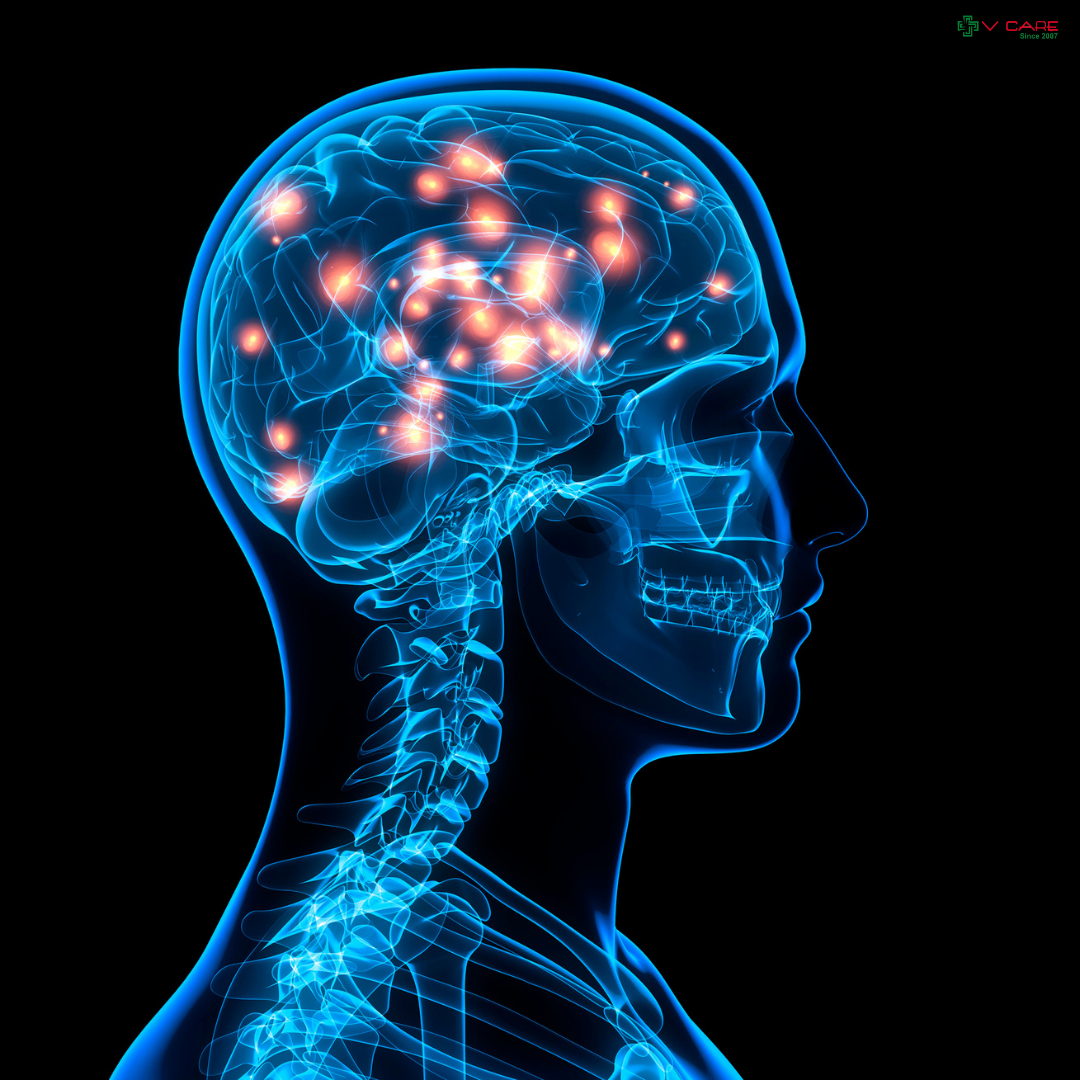Neurology: A Guide to Brain, Spine, and Nerve Health
Neurology: A Guide to Brain, Spine, and Nerve Health
Neurology is the branch of medicine that focuses on the diagnosis, treatment, and management of disorders related to the brain, spinal cord, and peripheral nerves. Neurologists are highly trained specialists who deal with complex conditions affecting the nervous system, helping patients maintain optimal brain function and quality of life.
The Role of a Neurologist
The Role of a Neurologist
Neurologists play a critical role in evaluating and treating a wide range of neurological disorders. Their responsibilities include:
Diagnosis of Neurological Disorders: Identifying problems affecting the brain, spine, and nerves.
Management of Chronic Neurological Conditions: Providing long-term care for diseases like epilepsy, Parkinson’s, and multiple sclerosis.
Stroke and Emergency Care: Managing acute neurological events such as stroke or seizures.
Cognitive and Behavioral Evaluation: Assessing memory loss, dementia, and mental processing issues.
Pain and Sensory Disorders: Addressing chronic headaches, nerve pain, and sensory disturbances.
Common Conditions Treated by Neurologists
Common Conditions Treated by Neurologists
Neurologists are trained to handle a wide variety of neurological and neuromuscular conditions, including:
Stroke and Transient Ischemic Attack (TIA)
Epilepsy and Seizures
Migraine and Other Headache Disorders
Parkinson’s Disease
Alzheimer’s and Other Dementias
Multiple Sclerosis (MS)
Neuropathy and Nerve Pain
Spinal Cord Disorders
Brain Tumors (in coordination with neurosurgery)
Sleep Disorders (e.g., insomnia, narcolepsy)
Diagnostic Techniques in Neurology
Diagnostic Techniques in Neurology
Neurologists use a range of advanced diagnostic tools to evaluate nervous system function:
MRI & CT Scans: Imaging to detect brain or spinal cord abnormalities.
EEG (Electroencephalogram): For assessing brain wave activity, especially in epilepsy.
Nerve Conduction Studies & EMG: To diagnose peripheral nerve and muscle disorders.
Lumbar Puncture (Spinal Tap): For analyzing cerebrospinal fluid in suspected infections or autoimmune diseases.
Neurocognitive Tests: To assess memory, speech, attention, and other cognitive functions.
Treatment Options
Treatment Options
Neurological care involves customized treatments that aim to improve or maintain neurological function:
Medications: For epilepsy, migraines, nerve pain, Parkinson’s, and more.
Lifestyle and Behavioral Modifications: Stress reduction, cognitive therapy, and exercise.
Physical and Occupational Therapy: For stroke recovery or neuromuscular weakness.
Botox Injections: Used in chronic migraine, dystonia, or spasticity management.
Deep Brain Stimulation (DBS): For advanced Parkinson’s and tremors (in collaboration with neurosurgery).
Counseling and Support: For managing depression, anxiety, or cognitive decline due to neurological illness.
Tips for Maintaining Neurological Health
Tips for Maintaining Neurological Health
Stay Mentally Active: Regular brain exercises, reading, and problem-solving tasks.
Healthy Diet: Include omega-3 fatty acids, antioxidants, and vitamins.
Regular Exercise: Supports brain health and improves circulation.
Adequate Sleep: Poor sleep affects memory, concentration, and mood.
Control Chronic Conditions: Like diabetes and hypertension to avoid nerve damage or stroke.
Avoid Smoking and Excess Alcohol: Both can accelerate neurological decline.
When to See a Neurologist
When to See a Neurologist
You should consult a neurologist if you experience:
Frequent or severe headaches or migraines
Seizures or fainting spells
Memory loss, confusion, or speech problems
Numbness, tingling, or weakness in limbs
Sudden changes in vision, balance, or coordination
Tremors or involuntary movements
Difficulty walking or controlling muscles
History of stroke or mini-strokes
Conclusion
Conclusion
The nervous system controls every function in the body, from movement to memory. Neurologists are essential in ensuring these systems function smoothly. At our clinic, our expert neurology team is equipped with advanced diagnostic tools and evidence-based treatments to provide high-quality care for all types of neurological disorders—empowering patients to live fuller, healthier lives.




